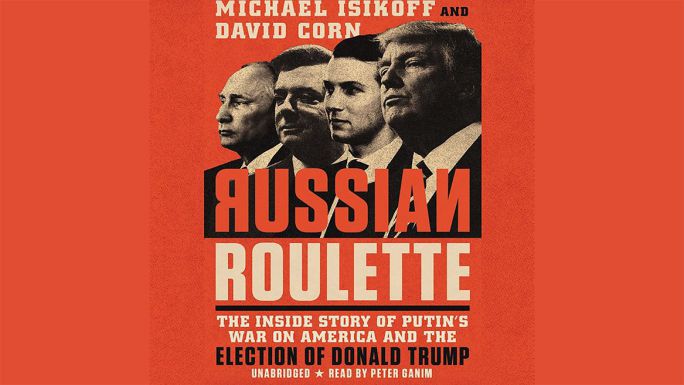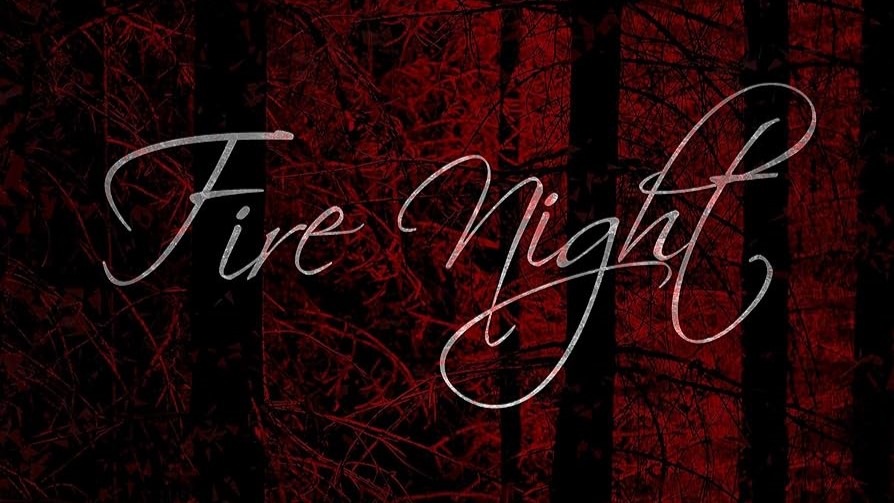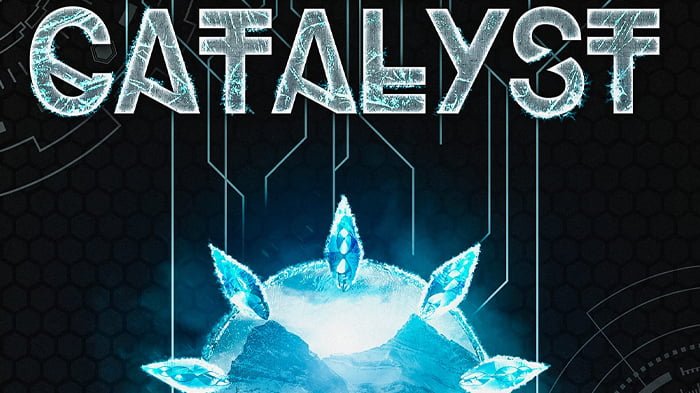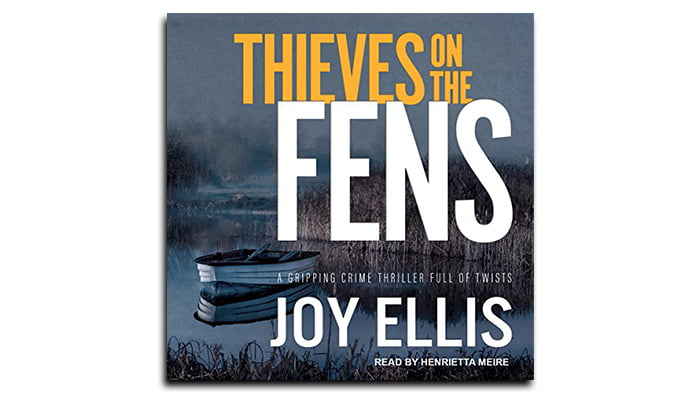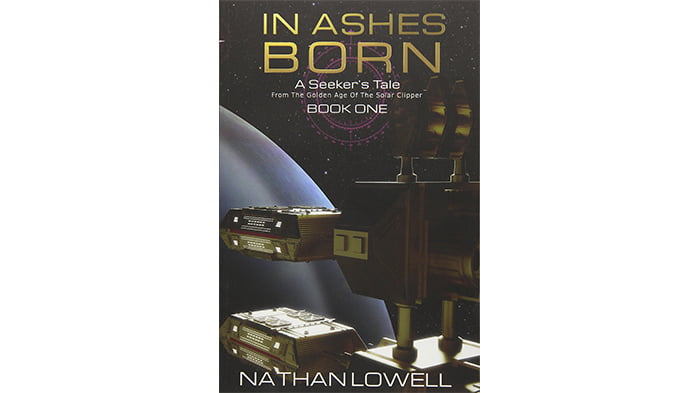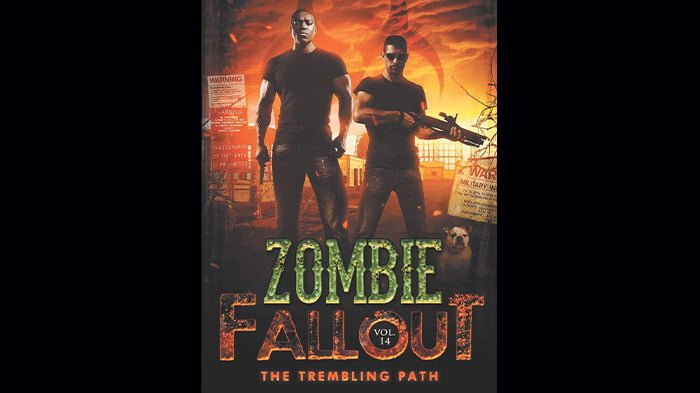Unbound, Book 10
Empire marks a pivotal moment in Nicoli Gonnella’s Unbound series, arriving at a critical juncture where the stakes have escalated from localized conflicts to divine-scale warfare. As a critic who has witnessed numerous progression fantasy series attempt to handle power escalation, I find the approach here particularly noteworthy.
The narrative positioning is especially compelling, coming off the victory at Pax’Vrell but immediately establishing that this triumph is merely a prelude to greater challenges. Gonnella demonstrates considerable skill in managing this narrative pivot, avoiding the common pitfall of letting previous achievements feel diminished while still raising the stakes effectively.
What stands out most prominently is the thematic exploration of divinity and its consequences. The premise of mortals challenging gods is certainly not new in fantasy literature, but the framing here feels fresh, particularly in how it ties to Felix’s character development. The suggestion that failure risks “Ruin itself” elevates the stakes beyond the typical god-slaying narrative, hinting at cosmic consequences that feel earned rather than artificially imposed.
The character dynamics continue to evolve in interesting ways. Felix’s position as a leader figure dealing with the aftermath of victory while preparing for greater challenges creates compelling tension. The introduction of the Hierophant as an antagonist with “deadly schemes” suggests a more nuanced conflict than simple good-versus-evil, adding layers of political and theological complexity to the power struggles.
The worldbuilding continues to expand in scope while maintaining coherence. The concept of the Pathless and their defeat serving as merely the opening act for confrontation with the Divine pantheon demonstrates smart scaling of threats. This progression feels natural within the established framework of the series rather than forced escalation for drama’s sake.
One of the most intriguing aspects is how the story handles the concept of the Unbound themselves. The suggestion that their fates rest on Felix’s choices creates interesting questions about free will and destiny, particularly ironic given their “unbound” nature. This philosophical undertone adds depth to what could otherwise be straightforward power fantasy.
The pacing appears well-structured, building on the momentum of the Pax’Vrell victory while setting up new conflicts. The immediate pivot to greater threats maintains tension without diminishing the significance of previous achievements, a delicate balance that many series struggle to achieve at this stage.
From a genre perspective, Empire seems to be elevating beyond standard progression fantasy tropes. While maintaining core elements that appeal to the genre’s fans, it’s introducing more complex themes about power, responsibility, and the nature of divinity. The stakes feel personal despite their cosmic scale, which is crucial for maintaining reader investment.
The character arcs appear to be handling the power scaling well. Felix’s evolution from earlier books to now facing divine-level threats seems to have maintained believability while still providing satisfying progression. The weight of leadership and the consequences of his choices add meaningful character development beyond simple power increases.
The introduction of the Hierophant as an antagonist is particularly promising. Having a schemer among the divine powers suggests political intrigue at a cosmic scale, potentially offering a different type of challenge than pure power confrontations. This variety in conflict types helps prevent the higher-stakes battles from becoming repetitive.
What’s especially impressive is how the series maintains coherence while expanding its scope. The connection between the Pathless conflict and the larger divine war suggests careful plotting, with earlier events gaining new significance in light of these revelations. This kind of retrospective enrichment of previous events is a hallmark of well-planned long-form storytelling.
For followers of progression fantasy and divine conflict narratives, Empire appears to be offering a sophisticated take on familiar themes. The balance between personal stakes and cosmic consequences, combined with the political maneuvering of divine powers, suggests a complex and engaging continuation of the series.
Critical considerations might include how the story will maintain tension with such high stakes, and whether the divine conflict can avoid falling into predictable patterns. However, the setup suggests awareness of these potential pitfalls, with the Hierophant’s schemes promising complexity beyond straightforward confrontations.
In conclusion, Empire represents what appears to be a masterful elevation of the Unbound series, successfully raising both stakes and narrative complexity while maintaining the core elements that have made the series successful. The combination of personal character drama, divine conflict, and cosmic consequences suggests a compelling continuation that should satisfy both longtime fans and critics of the genre.
For readers invested in progression fantasy with theological and philosophical undertones, Empire seems poised to deliver a sophisticated exploration of power, responsibility, and the price of challenging the divine order, all while maintaining the engaging character dynamics and progression elements that define the genre.
 Skip to content
Skip to content
